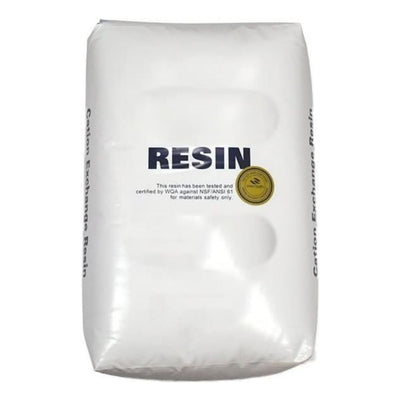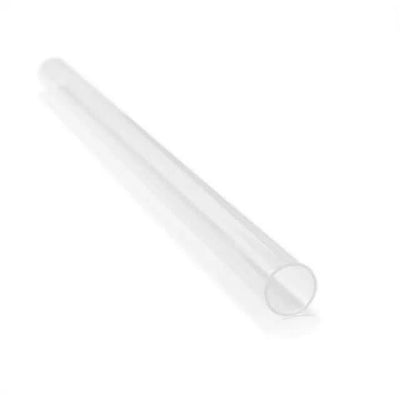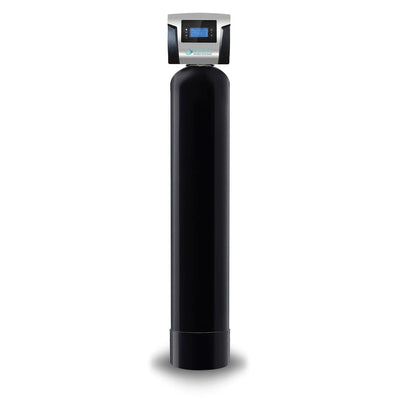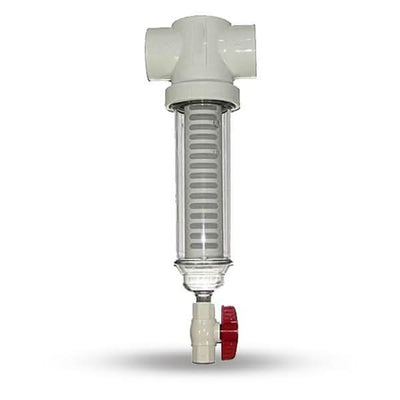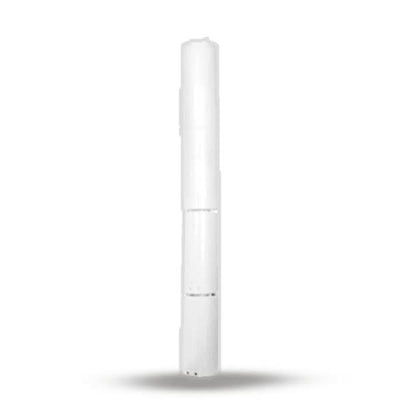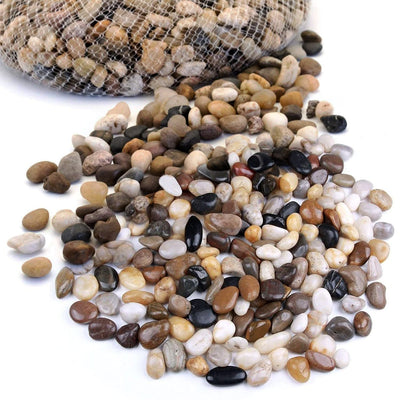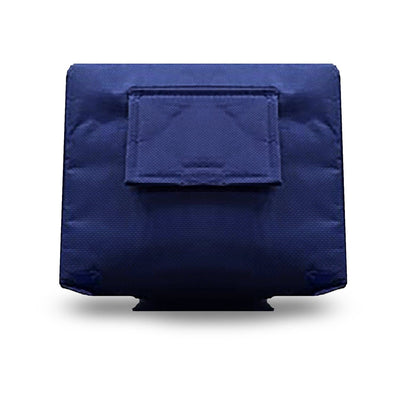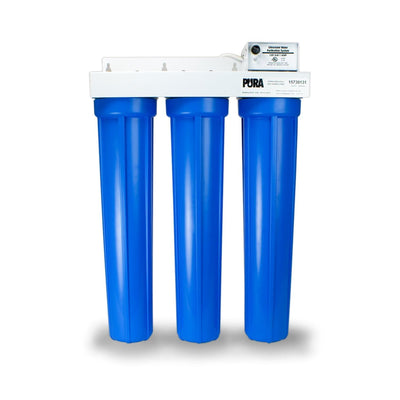Understanding Water Filtration
Let's chat about making our H2O squeaky clean for sipping. Understanding how water gets its makeover matters. We come across big lingo like purification and filtration, and knowing what's what helps in choosing the best game plan for our thirsty needs.
Water Purification vs. Filtration

Purification and filtration are like two siblings with different superpowers when it comes to water. A purification system swings the big stick, knocking out 90 to 95% of nasties lurking in the water—a real over-achiever compared to its sibling, filtration.
Filtration mostly kicks out chemical baddies and spruces up the taste.
| Contender | Purification | Filtration |
|---|---|---|
| Knockout Power | 90-95% of contaminants | Mainly cuts chemical mess |
| Job Description | Gives super clean water | Tweaks taste and odor, some grime removal |
Multi-Stage Filtration Systems
Multi-stage filtration systems are like the Swiss army knife of water treatment—they do it all. Sure, they'll lighten your wallet at first, sometimes topping $10,000, but they scrub water clean from all sorts of nasties, like the not-so-welcome fluoride.
On the flip side, whole-house filters might not exactly offer a full service unless they're as souped-up as a multi-stage setup.
| Gadget | Perks | Drawbacks |
|---|---|---|
| Multi-Stage Filters | Swiss army knife of contaminant busting | Price tag shocker |
| Whole-House Filters | One-stop shop for home | Needs muscle boost for full potential |
When weighing our choices, it’s handy to remember, most tap water has fluoride but usually not enough to bother our dentist. Knowing these ins and outs points us in the right direction toward picking the perfect reverse osmosis fluoride filter.
Removing Fluoride with Reverse Osmosis

Benefits of Reverse Osmosis
We know picking the right way to filter our home’s water can be tricky, but reverse osmosis (RO) systems have a proven track record.
This isn't just your run-of-the-mill filter; it's a multi-stage water purifying powerhouse that amps up the quality of every drop we drink.
Here's the lowdown on why adding an RO fluoride filter is a smart move:
- Killer Contamination Removal: RO systems don’t just stop at fluoride—they take out lead, copper, sneaky pesticides, and even those pesky PFAS contaminants. It’s like busting your water free from a jailhouse of nasties.
- Better Taste and Smell: Say goodbye to funky-smelling water. By kicking out chlorine, sulfur bacteria, and other stinky stuff, your water will taste and smell better than ever before.
- Convenience on Tap: Get endless purified water without the hassle. No more umpteen filter changes or lugging around bottles from the store.
| Benefits of RO Systems |
|---|
| Boots fluoride and other harmful elements |
| Makes water taste and smell better |
| Easy-peasy, dependable water cleansing |
Fluoride Contaminant Removal
Fluoride in our drinking water can cause a few raised eyebrows. An RO system handles this issue head-on. Research proudly backs up that these systems slash fluoride levels big time.
Here’s how RO filtration measures up in fluoride-fighting:
| Contaminant | Removal Efficiency (%) |
|---|---|
| Fluoride | Up to 95% |
| Lead | Up to 99% |
| Copper | Up to 99% |
| Chlorine | Up to 98% |
While doing wonders on fluoride, an RO system doesn't stop there—it tackles other water troublemakers too. It's worth noting that during the process, a little wastewater is produced, which helps whisk away all the nasty bits.
To wrap it up, getting a reverse osmosis fluoride filter is a wise choice for anyone wanting top-notch water, free from fluoride and a heap of other contaminants. Let your water taste as good as it should!
Considerations for Fluoride Removal

When we're talking about kicking fluoride outta our water, we gotta weigh in on what's good for us and what ain't.
Ideal Fluoride Levels
So, fluoride's kinda like that friend who can be really great in small doses but turns into a pest if they overstay their welcome. It naturally pops up in our bones and teeth, and it’s tossed into our water and toothpaste for some, let’s say, toothy benefits.
The smarty-pants experts out there recommend we aim for about 0.7 parts per million (ppm). That’s the sweet spot for dental perks without veering into yikes territory. If you let it hit 4.0 ppm, though, it’s like inviting a tooth gremlin to the party—enter dental fluorosis, which messes with your pearly whites.
| Fluoride Level (ppm) | Health Buzz |
|---|---|
| 0.7 | Good for those chompers |
| 4.0 | Beware: tooth troubles ahead |
Health Benefits of Fluoride
Let’s be real, having fluoride in water is like giving your teeth a little superhero cape. Studies tell us it saves big bucks on dental bills and makes life a bit sweeter for lots of folks.
Over over 73% of Americans and 39% of Canadians, showing it's got quite the fan club, even with some folks shouting “Boo, fluoride!” from the sidelines.
Fluoride helps fend off those annoying cavities and gives your enamel some serious muscle. It’s like a public health star. By understanding these pros and cons, we can chat about whether reverse osmosis filters for fluoride are something we want hanging out at home.
It's all about keeping that balance between the good stuff fluoride brings and the worries about having too much. Concerned about elevated fluoride in your water? The SoftPro Fluoride Filter is a trusted choice for removal.
Keeping Water Safe and Sound

Keeping our drinking water safe is top priority, especially with concerns about stuff like fluoride sneaking in. A reverse osmosis system, with a nifty fluoride filter, can work wonders for the water we drink.
Let's chat about setting up an RO system correctly and why a little pre treatment can make all the difference.
Reverse Osmosis System Setup
Getting our reverse osmosis (RO) system up and running the right way makes it work like a charm. If our home’s water pressure drags below 40 psi or if the total dissolved nasties top 500 ppm, a booster pump is a must.
This addition makes sure the RO system is cranking out clean water without a hitch.
Another gadget to think about is UV disinfection. If we’re using well water, this bit of kit becomes real handy. It zaps those pesky organisms and viruses right out of the water.
Avoiding buildup on the RO membrane means our system lives longer and keeps sipping out the good stuff.
| What's Needed | What It Does |
|---|---|
| Booster Pump | For low water pressure or high TDS |
| UV Disinfection | Kills microorganisms and viruses |
| Pressure Gauge | Keeps tabs on system pressure |
Pre treatment for RO Systems
Before our RO system gets to work, a bit of pretreatment can make a big difference, especially with water that's not exactly sparkling. It stops membrane clogging from minerals, bacteria, and other unwanted guests.
Each type of water woe might need its own fix. If dirt levels are high, run the water through a sediment prefilter. For a water supply with more chlorine than a swimming pool, a carbon filter will do the trick before the water hits the RO system.
| What’s Bugging Our Water | What We Need |
|---|---|
| Sediment | Sediment Prefilter |
| Chlorine | Carbon Filter |
| Hardness Minerals | Water Softener |
Getting our RO system set just right and using the right pretreatment methods not only kicks out that pesky fluoride, but it also upgrades the safety and tastiness of our drinking water. Cheers to clean water!


















![Aldex Premium 10% Cross Link Resin for Water Softener [High Capacity]-SoftPro® Water Systems](http://www.softprowatersystems.com/cdn/shop/files/Aldex_10_Cross_Link_Resin_Premium_High_Capacity_for_Water_Softener_600x.jpg?v=1735853599)








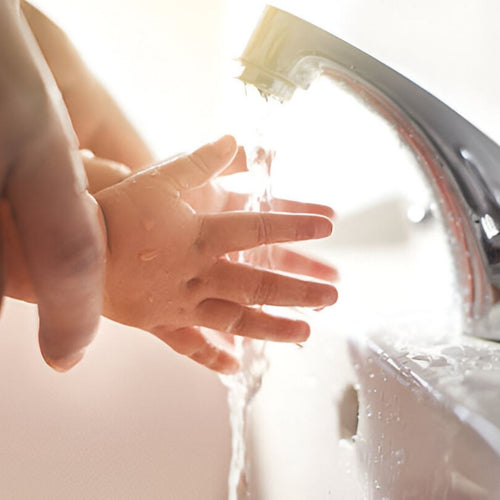
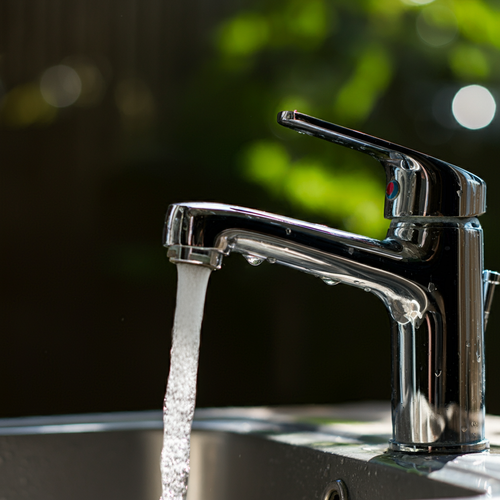
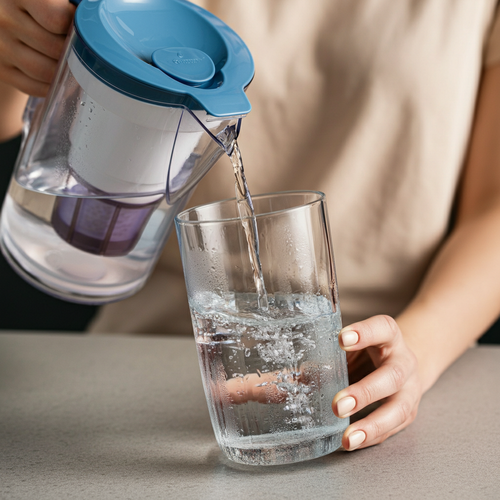















![SoftPro® Elite Salt Free Water Conditioner [CITY WATER]](http://www.softprowatersystems.com/cdn/shop/products/softpro-elite-salt-free-water-softener-saltless-no-salt-conditioner-lifetime-warranty-808319_320x.jpg?v=1734470019)
